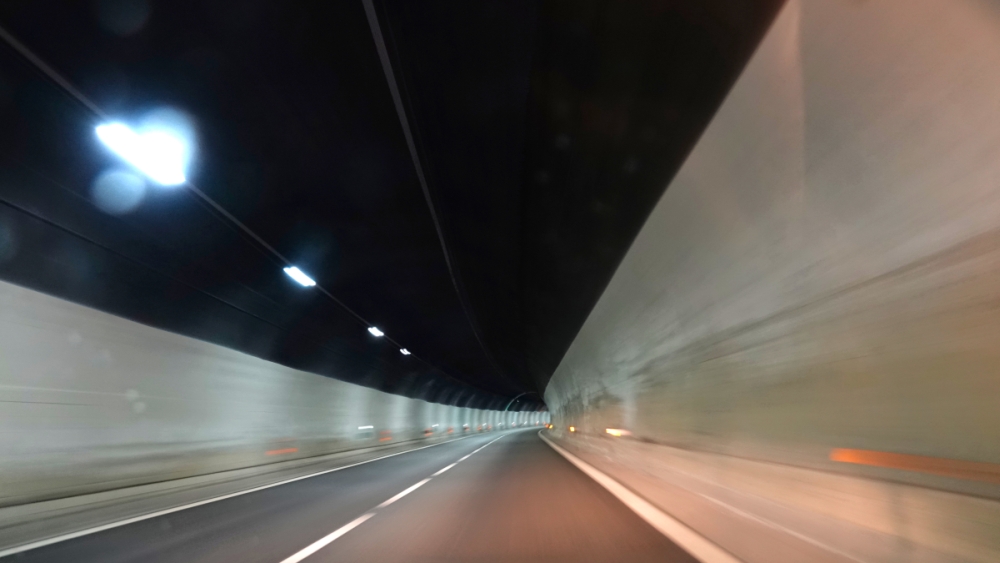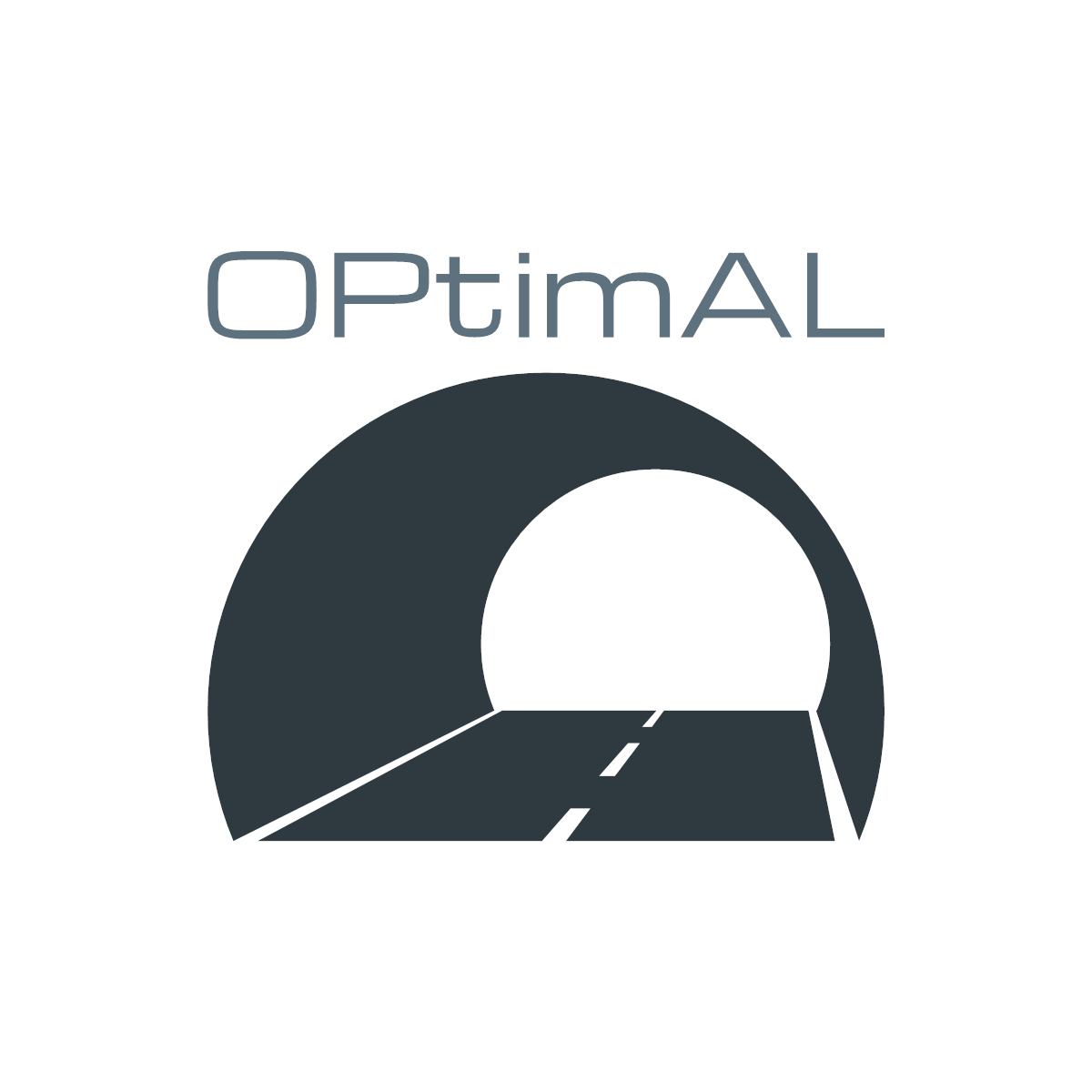Optimised maintenance planning of tunnel-specific structural and electrical equipment using LCA
Tunnels on the primary road network are complex systems. Safe and unrestricted traffic is guaranteed only if the various tunnel components (structural elements and electromechanical (E&M) equipment) interact seamlessly with each other. Due to their heterogeneous nature, E&M and structural components are subject to various aging processes which require recurring maintenance procedures and rehabilitation measures. Considering the different specifications and requirements for E&M and structural components, it is evident that there is a considerable mismatch of maintenance cycles between these groups. Hence, tunnel asset management faces the challenge to develop strategies to integrate both the necessary functional integrity of the individual components over their respective lifecycle and the requirement of an optimized management for the overall system. Yet, the synchronization of measures towards maximizing system availability must not contradict positive wear-and-tear contingencies of the various tunnel components.
OPtimAL’s aim is to solve this optimization task and to present ASFiNAG with a prototype of a lifecycle algorithm. The algorithm shall be incorporated into the dTIMS software, which is already an integral part of ASFiNAG’s Infrastructure Management Tool (IMT). A major step in this work will be the derivation of optimized control lifecycles for construction and E&M components of tunnel structures and their transfer to the overall portfolio of ASFiNAG. In addition to a component-based analysis, the consideration of the interactions and interdependencies between the components in the overall system will be essential for the development of risk-based decision models. The implementability and applicability are paramount objectives. They will be verified by means of real data tests.
Funded by the Federal Ministry for Climate Protection, Environment, Energy, Mobility, Innovation and Technology (BMK) and the Austrian Research Promotion Agency (FFG) as part of VIF 2017.





